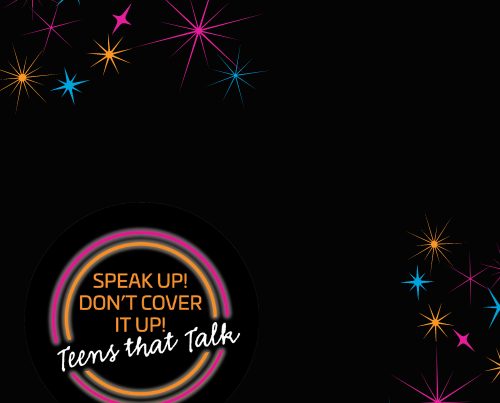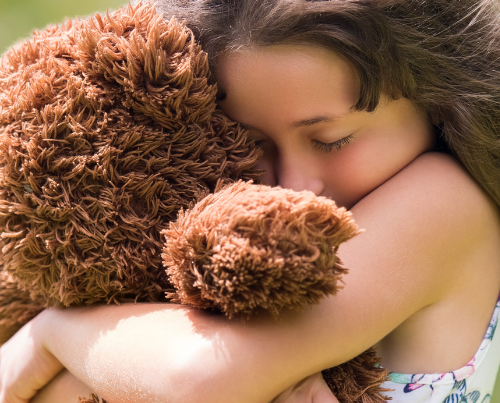When you don’t have a lot of life experience and even less dating experience, it’s natural to be unsure about what a “relationship” is supposed to look like. Even if parents model a healthy marriage, teenagers can easily find themselves in a situation that causes them to question their ideas of what’s normal. (It happens to adults, so why should teens be any different?)
One high school student told us his story. His situation is one we hear described over and over.
One Teen’s Story
“I’d been dating this girl for a while before she started becoming super jealous of everyone I was friends with. She started having a problem with my friends on Instagram – mainly other girls. At first, she didn’t want me to follow my ex-girlfriend or her to follow me, so I agreed; it seems harmless, and we did have a past. I didn’t think it was that big of a deal.
“But then she started making small comments about my ex-girlfriend’s friends, who were also friends of mine. She didn’t want me following them, either; she’d say, ‘They could try to break us up’ and ‘Your ex could try to contact you through them.’ It was all stuff she was insecure about. So again, I said OK and stopped following them.
“Turned out that wasn’t enough for her, either. She didn’t want me to follow any girls at all. If I liked or commented on another girl’s post, she’d accuse me of things that weren’t true or say things like, ‘You don’t really love me.’
“I started to wonder if this is just what it’s like to be in a relationship: You aren’t allowed to have friends who are girls, especially if your girlfriend doesn’t like them.
“It became exhausting. I was always trying to please her, always trying to meet her standards of what she thought a boyfriend was supposed to be. It made me question if I was a bad boyfriend for not wanting to follow all her ‘rules’ for our relationship.
“Once she controlled one area of my life, she moved on to another. When she started trying to dictate what I did with my guy friends, I had to draw the line. I ended the relationship. But along the way, I lost a lot of good friends because of her.”
Emotional manipulation is abuse
Most teenagers think abuse happens only to adults. In reality, many teens experience emotional, digital, physical and sexual abuse in their relationships with peers.
In this young man’s case, his girlfriend tried to control him through emotional manipulation. She wasn’t happy until he did what she wanted, even if it meant he had to give up people who were important to him. She may even have withheld affection until he complied with her wishes.
It’s tough to decide whether you’re in an unhealthy relationship. If you’re a teen, ask yourself, Does the person you’re dating do any of the following?
- Say “I love you” too quickly in the relationship.
- Pressure you to do or say things you don’t want to.
- Get angry quickly, then be sweet and apologetic in the next minute.
- Check your phone or social media often.
- Insist on always knowing where you are.
- Make fun of the way you look or insult your intelligence.
- Get jealous and make you feel guilty when you hang out with others.
- Physically hurt you (even a slap or a shove is violence).
- Make you afraid of them.
- Tell you no one else will ever love you.
- Threaten to hurt themselves (or you) if you ever leave.
If you answered “yes” to any of these questions, you may be in an abusive relationship. Take our Healthy Relationships Quiz for more questions like these
When it feels wrong, trust your instincts. Talk to someone you trust. If you need us, we’re here for you. Find out how to reach a real live person at Sheltering Wings here.
Adults: How you can help
February is Teen Domestic Violence Awareness Month. Be ready before a teen confides in you. Visit our site to learn about intimate partner abuse and what you as parents and people who work with young people can do to help: shelteringwings.org/is-this-abuse.




